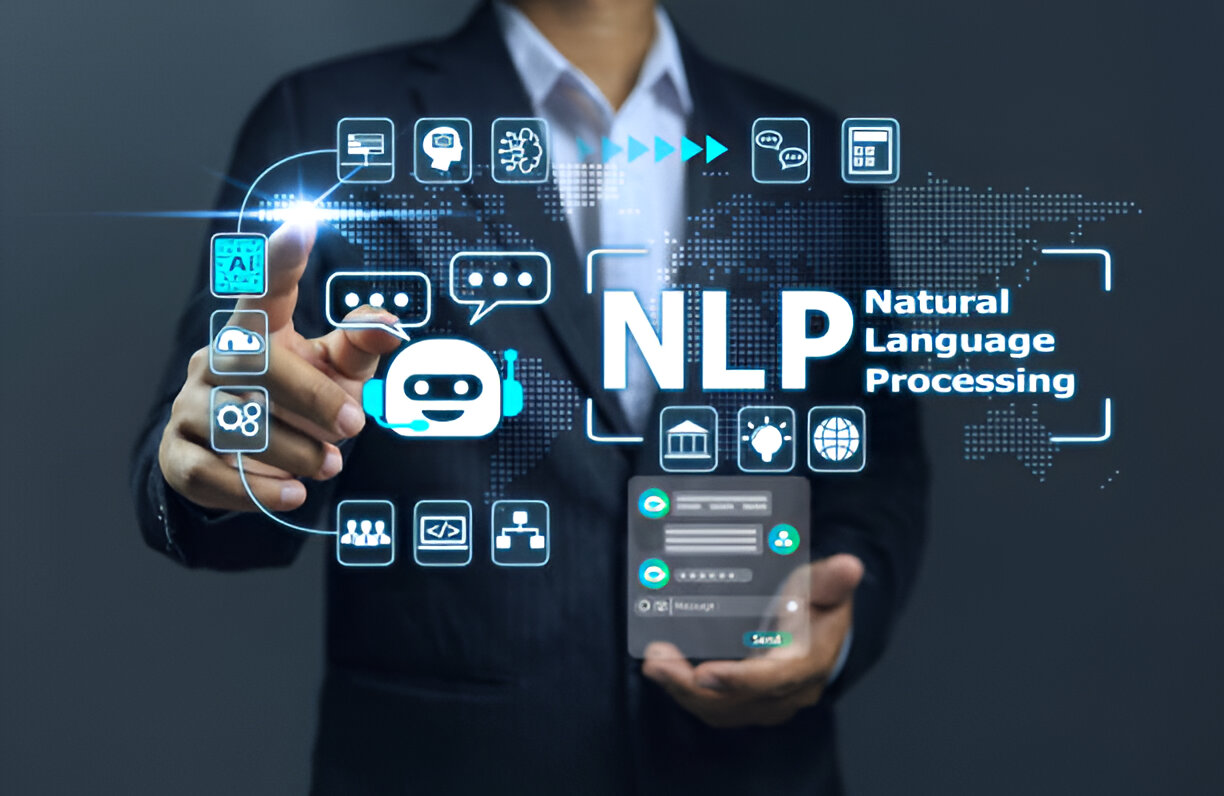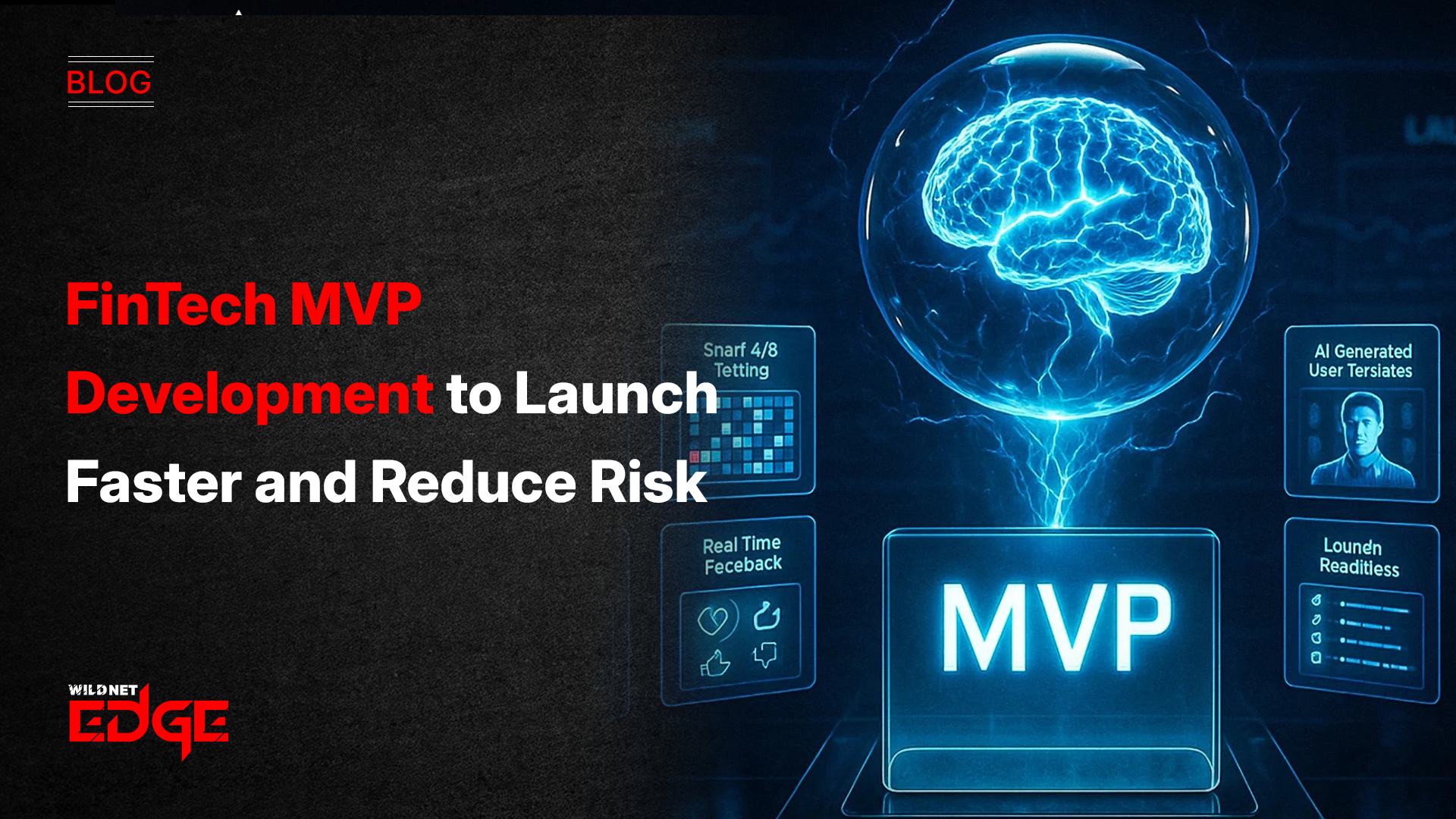In today’s fast-paced business environment, managing CRM tasks efficiently is more critical than ever. Organizations often struggle with the sheer volume of data and interactions, which can lead to missed opportunities or inefficient workflows. How can businesses integrate AI into their everyday functions to maximize efficiency and productivity? Enter the Salesforce AI assistant, a revolutionary tool designed to help organizations supercharge their operations. By harnessing the power of artificial intelligence, this assistant aims to streamline CRM tasks, ultimately driving better results for businesses both large and small.
Understanding the Salesforce AI Assistant
What is a Salesforce AI Assistant?
The Salesforce AI assistant is an advanced virtual assistant that helps users navigate the complexities of customer relationship management (CRM). It uses machine learning and natural language processing to provide intelligent insights and automate tasks that would normally consume considerable time and manpower. With features like automated data entry, lead management, and personalized customer interactions, the Salesforce AI assistant elevates the CRM experience. Moreover, it seamlessly integrates with existing Salesforce tools, ensuring a smooth transition for users who are familiar with the platform.
By utilizing predictive analytics and data-driven insights, the Salesforce AI assistant helps sales teams identify potential leads, prioritize follow-ups, and even provide tailored recommendations for customer engagement. This leads to a more organized and efficient workflow, allowing users to focus on building relationships instead of getting bogged down by administrative tasks.
Benefits of Utilizing a CRM Virtual Assistant
In the realm of technology, organizations may initially tread cautiously when incorporating new tools. However, the benefits of a CRM virtual assistant like the Salesforce AI assistant are hard to ignore. Key advantages include:
- Increased Efficiency: Organizations using AI-driven tools have reported up to a 30% increase in efficiency, as routine tasks can be automated, freeing employees to concentrate on more strategic initiatives.
- Enhanced User Experience: The Salesforce AI assistant provides users with intuitive assistance, making navigating tasks simpler and less stressful. This can lead to better adoption rates among team members.
- Data-Driven Decision Making: With its robust analytics capabilities, businesses can make informed decisions backed by actual data insights rather than intuition or guesswork.
According to a recent study by McKinsey, organizations that adopted AI-driven tools experienced an increase in productivity by 40% over three years. This undeniable statistic reinforces the effectiveness of CRM virtual assistants and their role in enhancing business operations.
Features of Salesforce AI Assistant
Key Functionalities
The Salesforce AI assistant is packed with features designed to streamline and enhance the user experience within the Salesforce ecosystem. Major functionalities include:
- Automation of Routine Tasks: The assistant can automate repetitive tasks such as data entry, email follow-ups, and report generation, allowing employees to focus on high-value work.
- Advanced Data Analysis: It uses sophisticated algorithms to analyze vast amounts of data in real time, offering insights that help businesses identify trends and improve sales strategies.
- Personalized Customer Interactions: By leveraging customer data, the assistant can provide tailored recommendations and content, ensuring that interactions are relevant and impactful.
- Lead Scoring and Prioritization: The Salesforce AI assistant can score leads based on various factors, helping sales teams prioritize their efforts on the most promising opportunities.
These functionalities not only improve productivity but also enhance the overall effectiveness of sales teams, leading to higher conversion rates and more satisfied customers.
How AI Enhances CRM Tasks
AI capabilities have redefined how businesses approach CRM tasks. For instance, lead scoring, one of the most critical elements of sales management, has transitioned from a manual, often subjective process to a highly data-driven one. Traditionally, sales teams would rely on intuition or basic metrics to assess the quality of leads. However, with AI, the Salesforce AI assistant evaluates numerous variables – including past customer interactions and demographic information – to provide a much more reliable scoring system.
When it comes to customer segmentation, AI offers unprecedented opportunities for tailored marketing strategies. Instead of grouping customers based on broad categories, AI enables businesses to create highly specific segments through sophisticated data analysis. This change can significantly enhance targeting accuracy and marketing campaign effectiveness.
Additionally, forecasting has seen a remarkable improvement. The Salesforce AI assistant enhances forecasting accuracy by evaluating historical sales patterns and external market conditions, resulting in more reliable projections. This allows businesses to allocate resources more effectively and strategize based on informed data, ultimately leading to better business outcomes.
Integrating the AI Assistant into Your Workflow
Steps for Seamless Integration
Implementing the Salesforce AI assistant into your daily CRM activities is crucial for maximizing its potential. Here are the essential steps for seamless integration:
- Define Clear Goals: Begin by pinpointing specific objectives you aim to achieve with the Salesforce AI assistant, whether it’s increasing sales, improving customer engagement, or enhancing data management.
- Assess Current Processes: Evaluate existing workflows to identify areas where the AI assistant can be most beneficial, such as automating data entry or enhancing customer interactions.
- Set Up the AI Environment: Ensure that your Salesforce setup is properly configured to support the AI assistant. This includes necessary permissions, integrations, and user roles.
- Training Sessions: Conduct training sessions for your team to ensure everyone understands how to utilize the AI assistant effectively. Familiarity with the tool increases adoption and maximizes benefits.
- Monitor and Optimize: After implementation, continuously monitor performance and gather feedback to adjust and optimize how the assistant is used in practice.
By following these steps, organizations can effectively integrate the Salesforce AI assistant into their workflow, making CRM tasks more efficient and productive.
Common Challenges and Solutions
While integrating the Salesforce AI assistant can yield tremendous benefits, organizations may face several challenges during adoption. Recognizing these hurdles and planning solutions can ease the transition. Common challenges include:
- Resistance to Change: Employees might be hesitant to adopt new technologies due to fear or lack of understanding. Solution: Encourage open discussions about the benefits of the assistant, and provide comprehensive training to boost confidence and comfort with the tool.
- Technical Difficulties: Integration hiccups can occur if data connectivity or system configurations are improperly set up. Solution: Ensure thorough testing of all configurations before going live and have IT support available to troubleshoot issues in real-time.
- Inadequate Data Quality: If the existing data is inaccurate or outdated, it may compromise the effectiveness of the AI assistant. Solution: Conduct a data cleanse before implementation to ensure high-quality data is fed into the AI systems.
Addressing these challenges with proactive solutions fosters an environment conducive to adopting and maximizing the benefits of the Salesforce AI assistant.
Real-World Case Studies
Success Stories from Various Industries
Numerous organizations across different industries have successfully implemented the Salesforce AI assistant, demonstrating its versatility. For example:
- Retail Sector: A mid-sized retail company integrated the Salesforce AI assistant to manage customer interactions more efficiently. By automating email marketing campaigns and product recommendations, they saw a 25% increase in customer engagement within the first quarter of implementation.
- Healthcare: A healthcare provider utilized the assistant to streamline patient management processes. By automating appointment reminders and follow-ups, they experienced a 30% reduction in no-show rates, significantly impacting patient care and satisfaction.
These case studies illustrate the transformative impact of the Salesforce AI assistant, showcasing its adaptability across various sectors.
Measurable Results Achieved
The effectiveness of the Salesforce AI assistant is evident in measurable outcomes post-implementation. For instance:
- Increased Sales Conversion Rates: A financial services firm that adopted the AI assistant recorded a 40% increase in their rate of converting leads into paying clients within six months.
- Improved Response Time: A B2B company reported that the AI assistant cut their average response time to customer inquiries by 50%. This remarkable improvement not only boosted customer satisfaction but also strengthened client relationships.
These measurable results affirm the positive impact of the Salesforce AI assistant on productivity and operational efficiency.
Future of Salesforce AI Assistant
Innovations on the Horizon
The future of the Salesforce AI assistant is promising, with evolving features that will further enhance its functionality. Upcoming innovations may include:
- Enhanced Natural Language Processing: Improvements in NLP capabilities could allow for more natural and intuitive interactions between users and the assistant.
- Deeper Integration with Other Tools: As businesses increasingly adopt third-party applications, seamless integration with various CRM and ERP tools will become essential for maximizing efficiency.
- Advanced Predictive Analytics: Future developments may enhance predictive capabilities, allowing businesses to foresee not just sales patterns but also customer behavior and market trends.
These innovations will empower organizations to harness the full potential of the Salesforce AI assistant as it continues to evolve in a rapidly changing technological landscape.
The Role of AI in CRM Evolution
AI is on the brink of revolutionizing CRM systems and redefining how businesses engage with customers. The Salesforce AI assistant is at the forefront of this evolution, offering capabilities that enhance personalization, automate routine tasks, and provide insights that drive strategy. Industry predictions indicate that by 2025, AI integration will become the standard in CRM tools, with companies that fail to implement these technologies potentially falling behind their competitors.
In an era where personalized customer experience is paramount, embracing AI solutions is not just an advantage but a necessity. Companies that adapt to these technologies will likely foster stronger customer relationships and improve overall business productivity.
Maximizing Productivity with AI
Best Practices for Users
To fully leverage the capabilities of the Salesforce AI assistant, users must adopt best practices that encourage optimal use of the tool. Here are some actionable tips:
- Regularly Update Data: Continuously review and update customer information to ensure AI outputs are both relevant and accurate.
- Schedule Routine Check-ins: Establish regular check-ins to assess how effectively the AI assistant is being utilized and to identify areas for improvement.
- Incorporate AI Insights into Strategy: Use the insights provided by the assistant as a cornerstone for strategic planning and decision-making, ensuring data informs every move.
Developing these habits can lead to a more productive environment where the Salesforce AI assistant is used to its fullest potential.
Training Resources Available
As businesses adopt the Salesforce AI assistant, continuous learning becomes essential for sustained productivity. Available resources include:
- Salesforce Trailhead: An interactive learning platform offering a variety of courses focused on using the Salesforce AI assistant effectively.
- Webinars and Workshops: Regular webinars hosted by Salesforce can provide insights into new features or best practices for using the assistant.
- Community Forums: Engaging in community forums allows users to learn from peers, share experiences, and troubleshoot common issues in real time.
Utilizing these resources encourages team members to stay updated on the latest features and best practices, ultimately maximizing the benefits of the Salesforce AI assistant.
Conclusion
The Salesforce AI assistant serves as a powerful tool for organizations seeking to streamline their CRM tasks and enhance overall productivity. By automating mundane tasks, providing intelligent insights, and offering seamless integration, it empowers businesses to focus on what matters most—building relationships and driving sales. As an AI-first company, Wildnet Edge recognizes the potential of such solutions and remains a trusted partner for organizations looking to leverage AI tools effectively. Embracing the Salesforce AI assistant is not just about keeping up with technology; it’s about ensuring your business thrives in an increasingly competitive landscape.
By implementing the Salesforce AI assistant, organizations can not only experience immediate benefits but also position themselves for long-term success.
FAQs
Q1: How does a Salesforce AI assistant improve CRM efficiency?
The Salesforce AI assistant streamlines tasks by automating routine processes and providing data-driven insights, enhancing overall efficiency.
Q2: What are the key features of a CRM virtual assistant?
A CRM virtual assistant typically offers automation, personalized customer interactions, data analysis, and lead management.
Q3: How can businesses integrate the Salesforce AI assistant?
Businesses can integrate the Salesforce AI assistant by following structured steps, including setting clear goals, training staff, and ensuring proper data connectivity.
Q4: What challenges might organizations face with AI assistants?
Organizations may encounter challenges like resistance to change, technical difficulties, and a lack of understanding of AI’s capabilities.
Q5: What training resources are recommended for Salesforce AI users?
Recommended training resources include Salesforce Trailhead courses, webinars, and community forums for real-time support and learning.

Nitin Agarwal is a veteran in custom software development. He is fascinated by how software can turn ideas into real-world solutions. With extensive experience designing scalable and efficient systems, he focuses on creating software that delivers tangible results. Nitin enjoys exploring emerging technologies, taking on challenging projects, and mentoring teams to bring ideas to life. He believes that good software is not just about code; it’s about understanding problems and creating value for users. For him, great software combines thoughtful design, clever engineering, and a clear understanding of the problems it’s meant to solve.
 sales@wildnetedge.com
sales@wildnetedge.com +1 (212) 901 8616
+1 (212) 901 8616 +1 (437) 225-7733
+1 (437) 225-7733















 ChatGPT Development & Enablement
ChatGPT Development & Enablement Hire AI & ChatGPT Experts
Hire AI & ChatGPT Experts ChatGPT Apps by Industry
ChatGPT Apps by Industry ChatGPT Blog
ChatGPT Blog ChatGPT Case study
ChatGPT Case study AI Development Services
AI Development Services Industry AI Solutions
Industry AI Solutions AI Consulting & Research
AI Consulting & Research Automation & Intelligence
Automation & Intelligence















